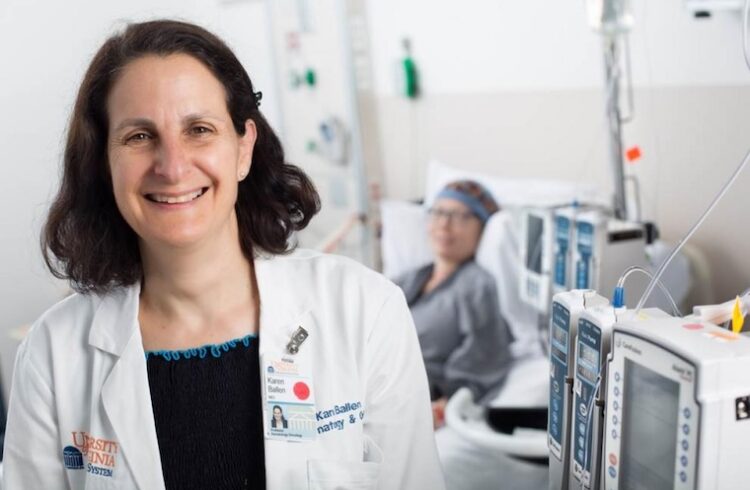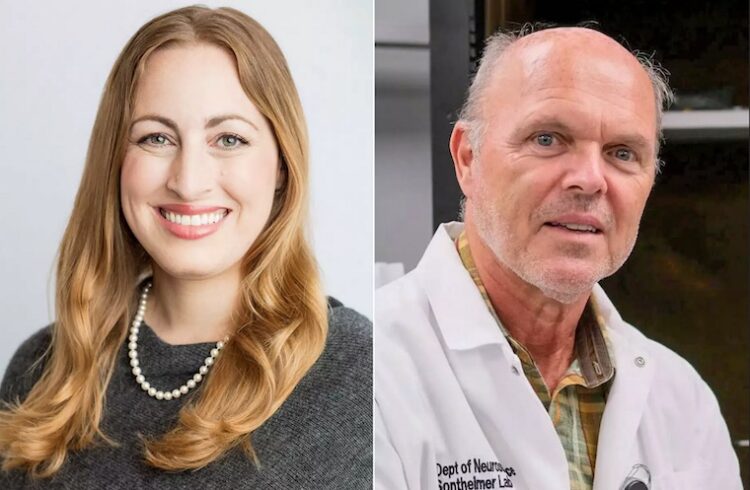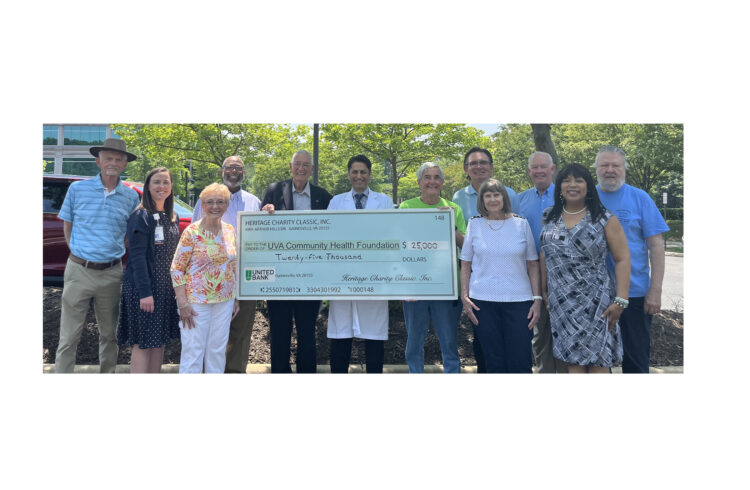
The medicinal herb Ginkgo biloba does not reduce the risk of dementia or Alzheimer’s disease development in either the healthy elderly or those with mild cognitive impairment, according to a large multicenter trial led by Steven T. DeKosky, M.D., vice president and dean of the University of Virginia School of Medicine.
Findings from the Ginkgo Evaluation of Memory (GEM) Study, which is the first to have the necessary participant numbers and monitoring years to be able to measure G. biloba’s effectiveness and safety profile in dementia prevention, were published Tuesday in the Journal of the American Medical Association .
“Despite early indications that Ginkgo biloba has antioxidant and other properties that might preserve memory, this trial shows that in fact it has no impact on development of dementia and Alzheimer’s disease,” says DeKosky. He is the former director of the University of Pittsburgh Alzheimer’s Disease Research Center and former chair of the Department of Neurology. DeKosky completed the study while he was at Pittsburgh.
In the study, which was conducted at five medical centers between 2000 and 2008, 3,069 people age 75 or older who had no or mild cognitive impairment were randomly assigned to take twice-daily doses of either 120 milligrams of G. biloba extract or a placebo. They were reassessed every six months for dementia using several well-established mental status tests. If changes were found that exceeded the expected “normal” changes in aging, a more extensive evaluation, including neuroimaging, was performed.
The researchers found no statistical difference in dementia or Alzheimer’s disease rates between the groups. Among those taking G. biloba , 277 developed dementia. Among those in the placebo group, 246 developed dementia. Mortality rates were also similar.
Other study sites included Johns Hopkins University, University of California-Davis, and Wake Forest University. Data management and statistical analyses were performed at the University of Washington in Seattle.
“Studies of this magnitude are never possible without the selflessness of dedicated study participants. They continue to amaze us with their dedication to help find ways to prevent dementia and Alzheimer’s disease,” said Dr. DeKosky.
It’s possible that an effect would have been observed if the study had lasted longer because it takes many years to progress from initial brain changes to clinical dementia, Dr. DeKosky notes. Therefore, the research team intends to conduct a follow-up analysis of brain function and structure in a subset of participants using magnetic resonance scanning and in some cases positron emission tomography (PET) scans.
The trial was funded by the National Center for Complementary and Alternative Medicine and the National Institute on Aging, with support from the National Heart, Lung and Blood Institute.


